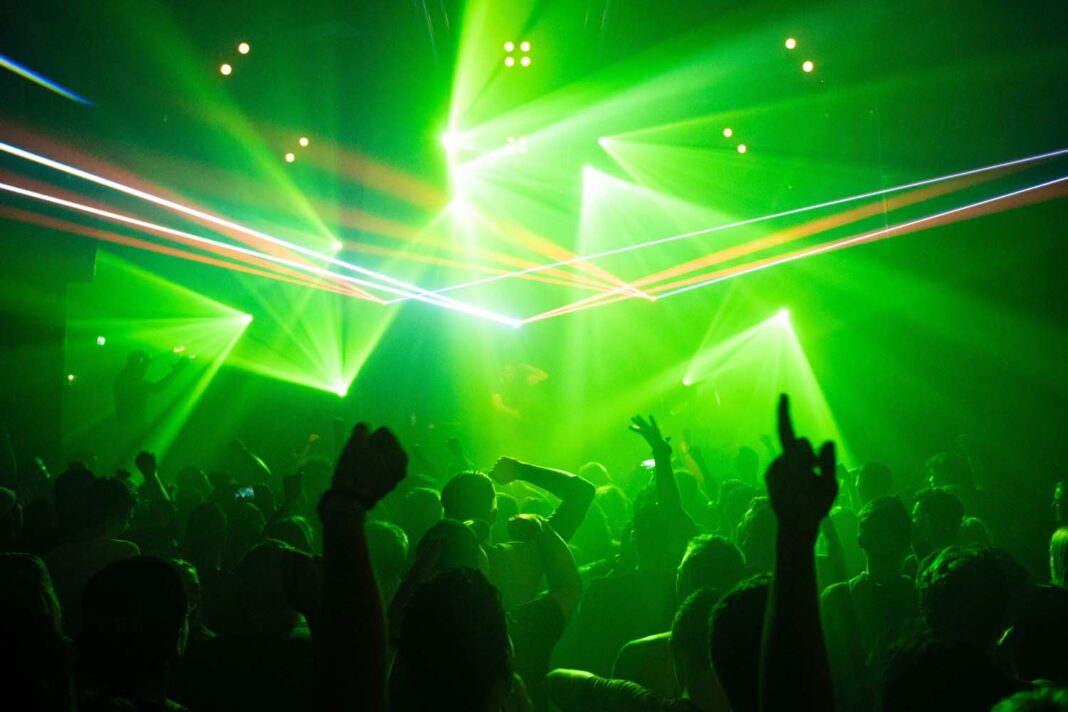During these cold winter days, music is what warms my soul and heart. It never betrayed me — it only made me stronger. But with today’s ever-evolving technology, it’s becoming harder and harder to find music that truly touches your heart. For a while, I wondered if something was wrong with me. Did I get older? Did music stop making me happy?
Fortunately, after talking with close friends and artists I stay in touch with, I realized the problem isn’t personal at all. It’s the overcrowded scene, where social-media numbers dictate the rules and talent often doesn’t matter.
A friend told me he’s frustrated with the direction of the music world, but at the same time, he still gets excited when he discovers a new underground artist — and he plays those tracks in the club. In that conversation, I felt a spark of hope for the industry.
Having produced electronic music, played clubs, and even produced for others, I’ve always felt music isn’t just passion — it’s a whole life, a feeling too deep for words. But for some, it’s simply a way to flex, to pretend to be “cool.” What we see now often feels like being force-fed cheap, fabricated loops.
Music expresses that which cannot be put into words and that which cannot remain silent.
– Victor Hugo
Take the current “melodic techno” or “Afterlife” wave, for example. When Tale Of Us were still playing at underground clubs, doing it for the people and the culture, it felt like a real connection. I loved that era while it lasted. However, after their split into Anyma and Mrak, even the fan base was divided.
The genre itself isn’t bad, but it stopped being original. Even when Afterlife was already popular, they still pushed unique ideas — like their “Unity Live” stream during COVID-19. There was intention, heart, and identity.
After the pandemic, the world sped up. Trends now change instantly. Algorithms reward those who play their game. Music shifted from timeless to soulless. Artists are booked based on follower counts instead of talent or technical skill. Ghost production became even more common. Many “artists” push themselves as hard as they can — and some people can’t see through it. But some of us can.
The phrase “fake it till you make it” feels more real than ever. But I don’t blame the artists alone. I blame the clubs, festivals, and venues that keep enabling it. Imagine spending $150 to watch someone play a pre-recorded set while pretending to twist knobs like they’re changing the world. Yet people film it, post it, and call it “cool.”
I had this exact conversation with another friend — he told me how “dope” one artist’s tracks were. I said, “Dude, he doesn’t produce his music, and he can’t DJ.” He went silent, looking at me like I’d taken away his happiness.
Sadly, this is reality in much of electronic music today.
So the real question is:
Do we want to eat healthy food — or fast food?
Because right now, a lot of people are choosing the drive-thru.


